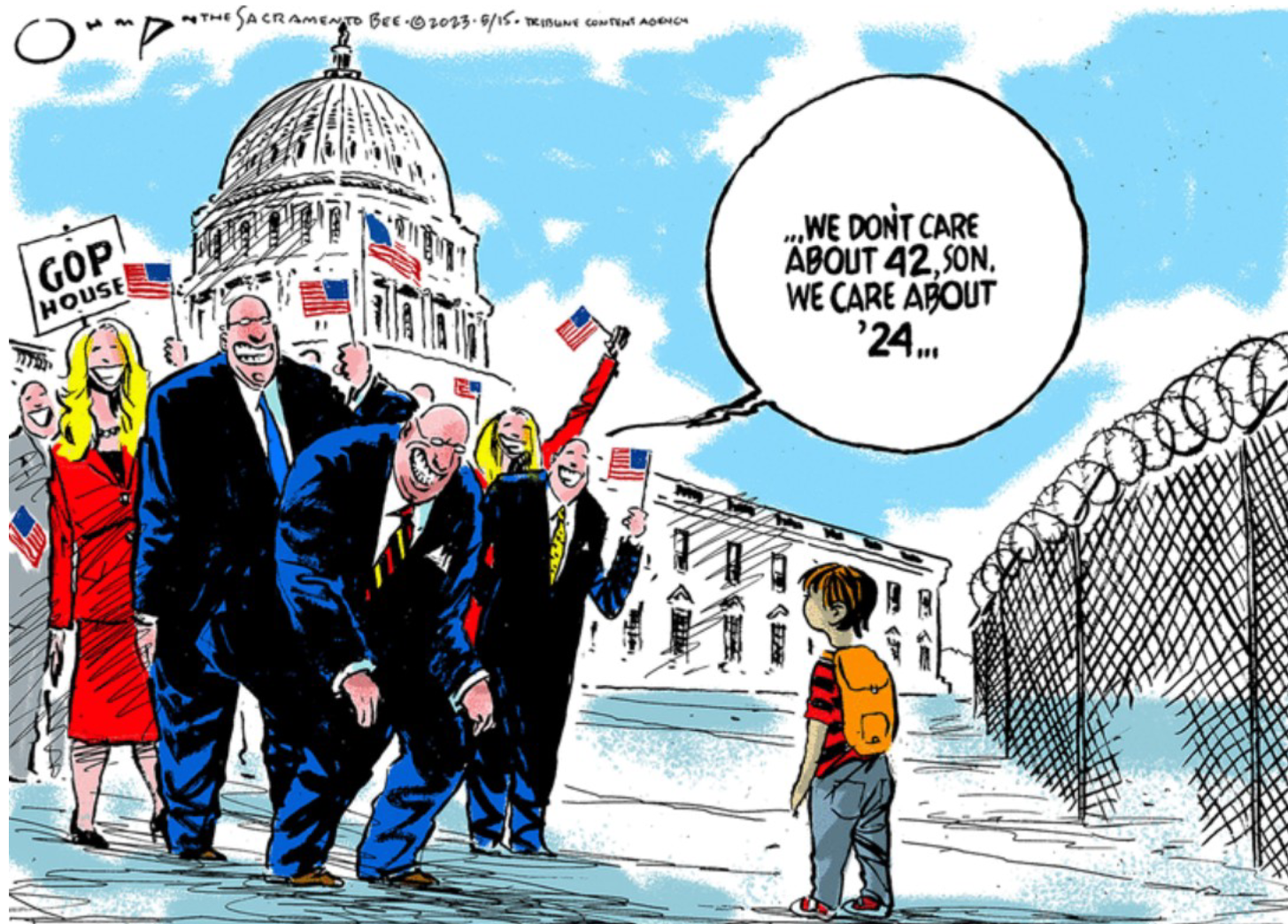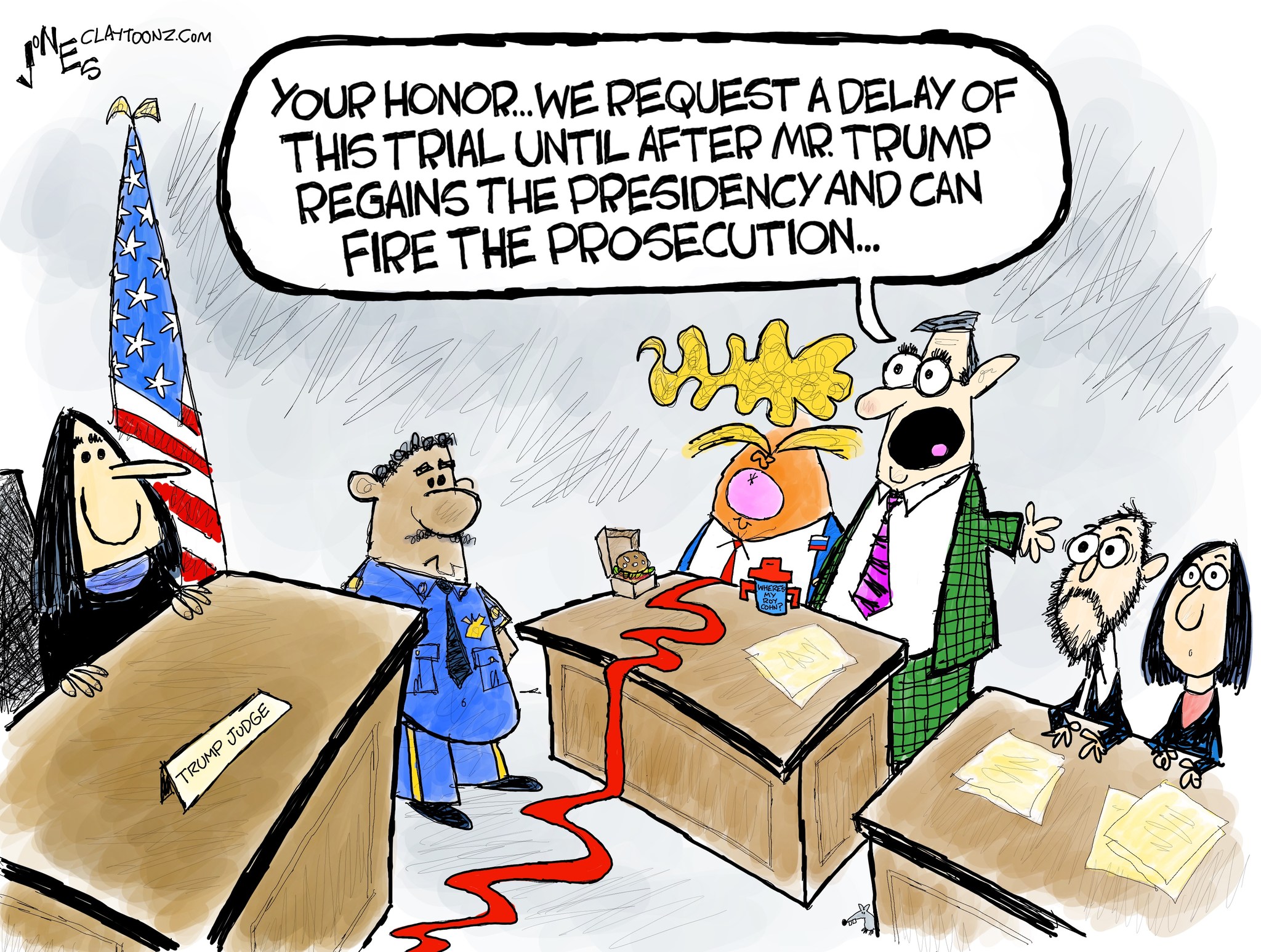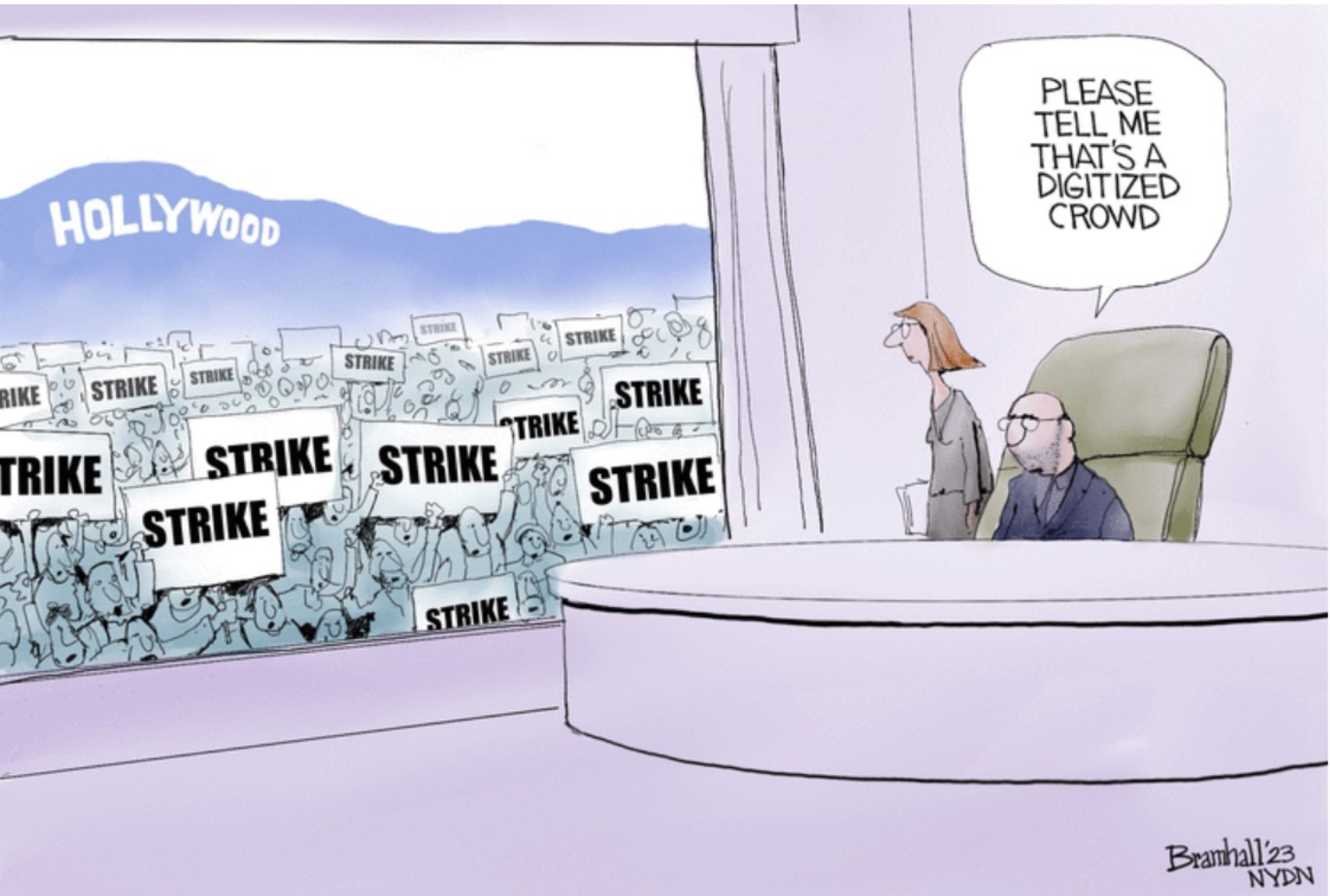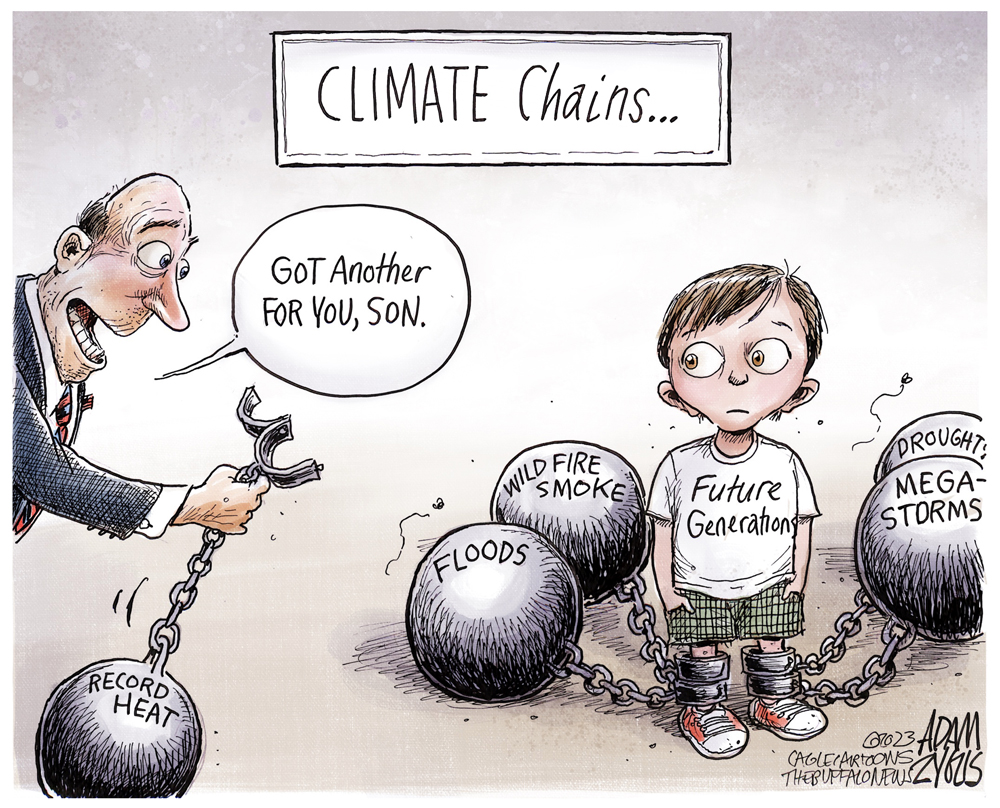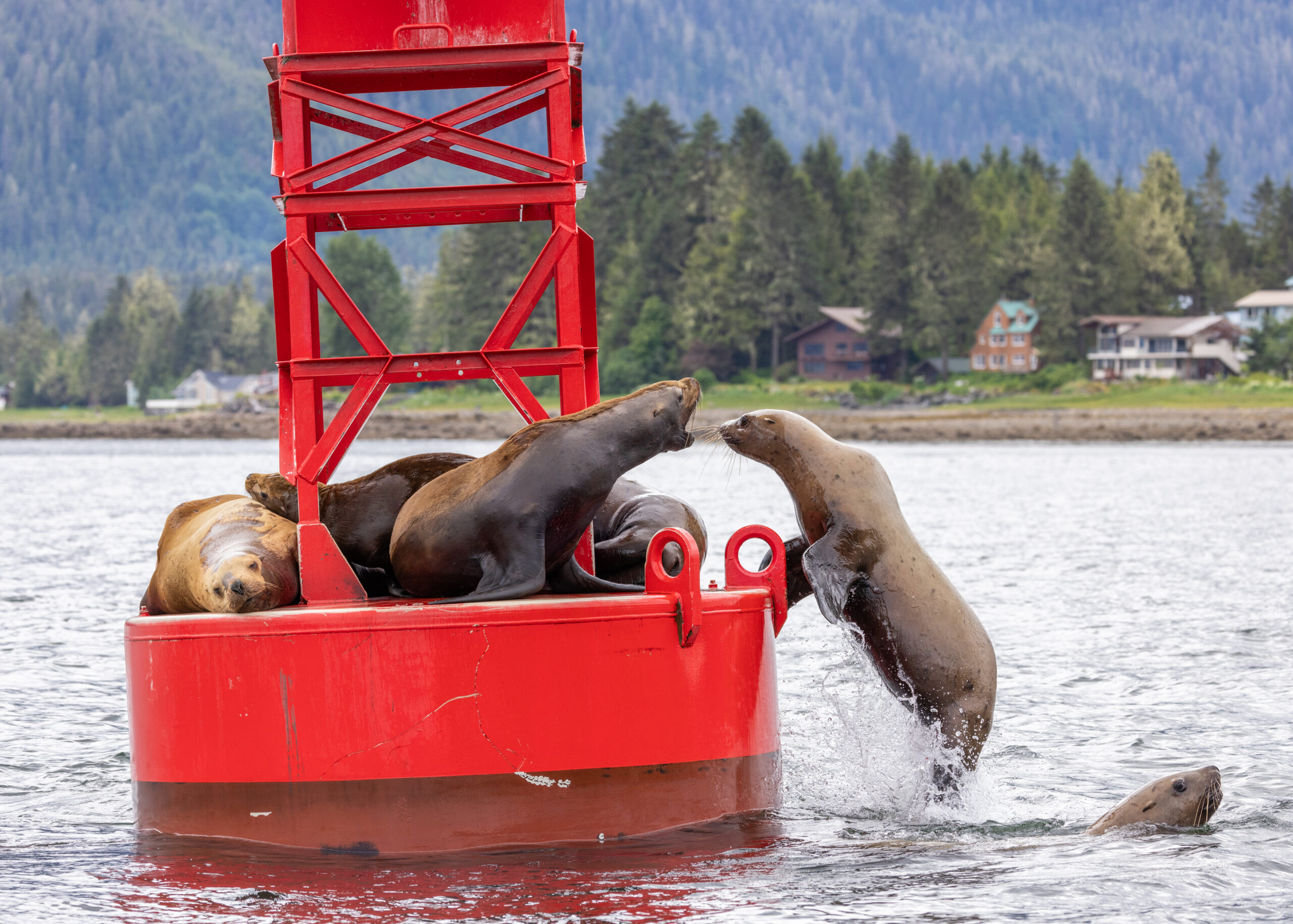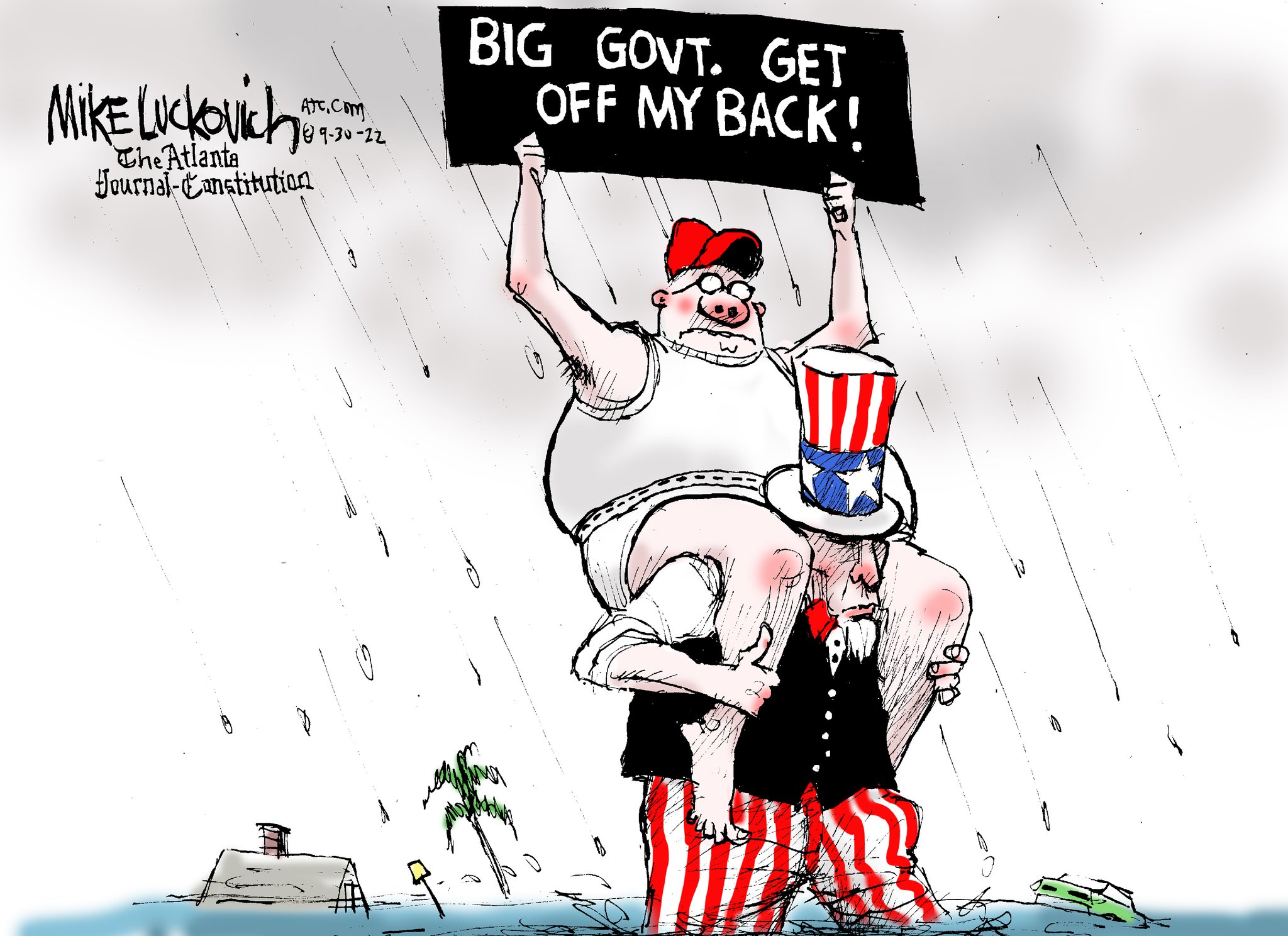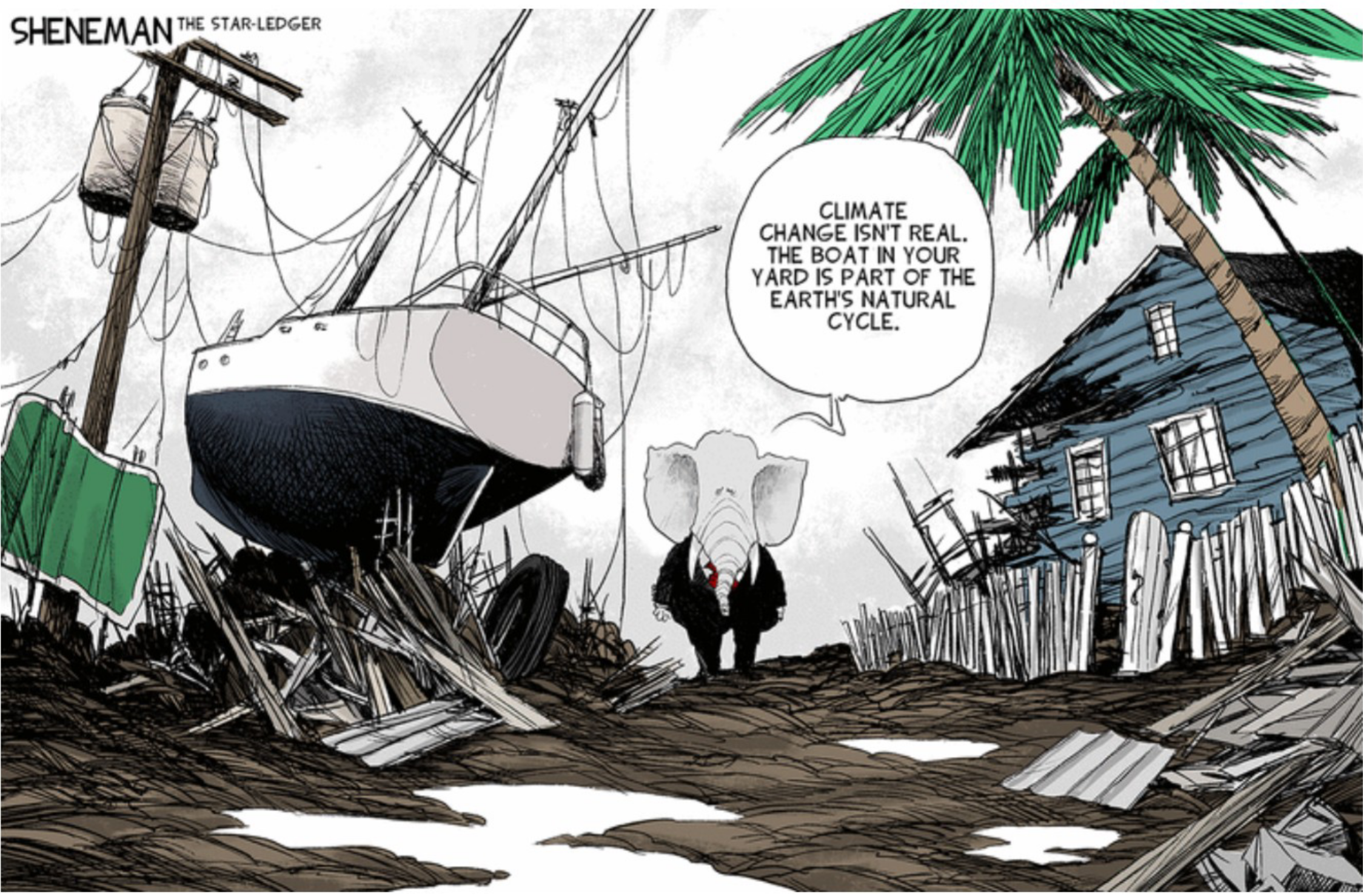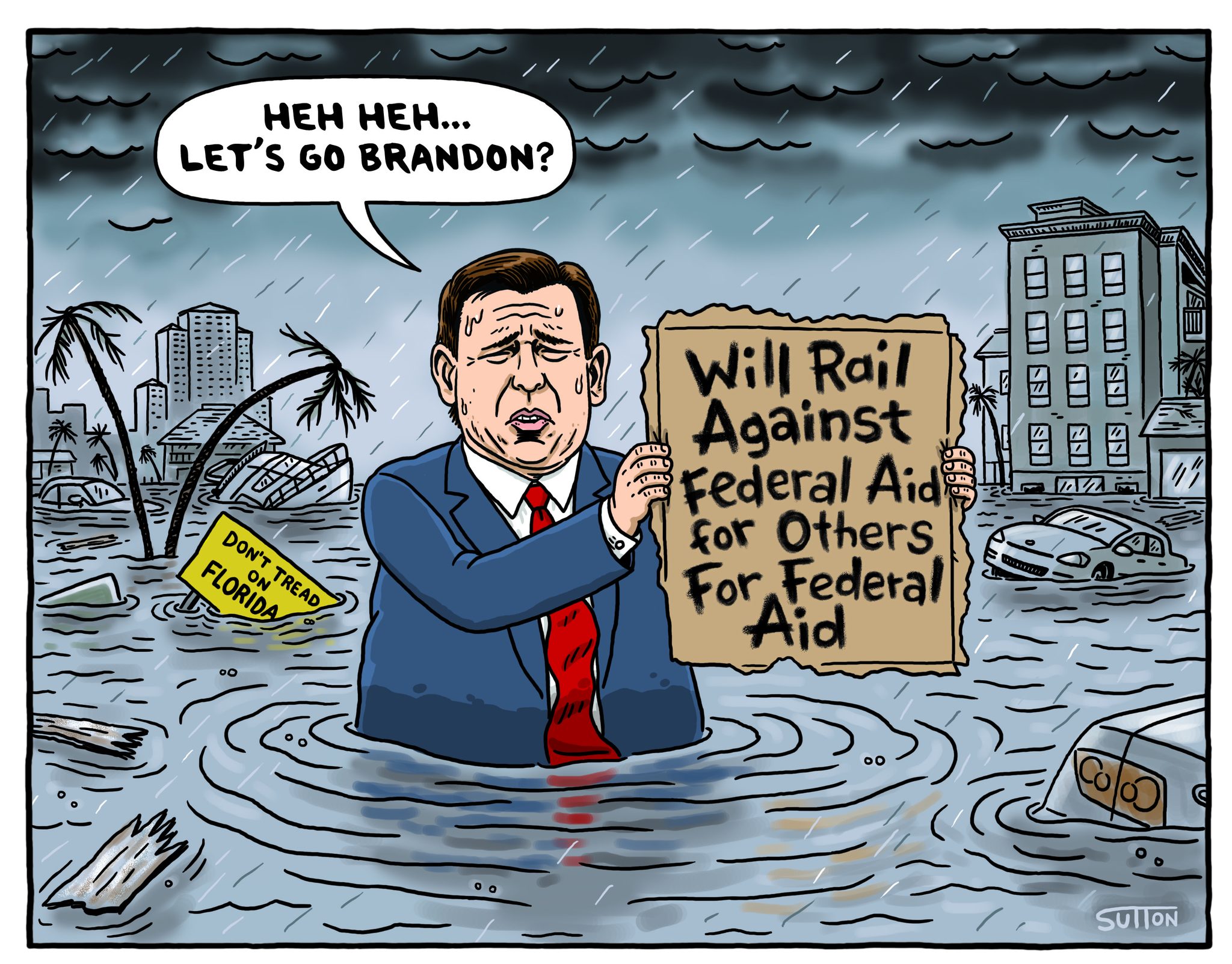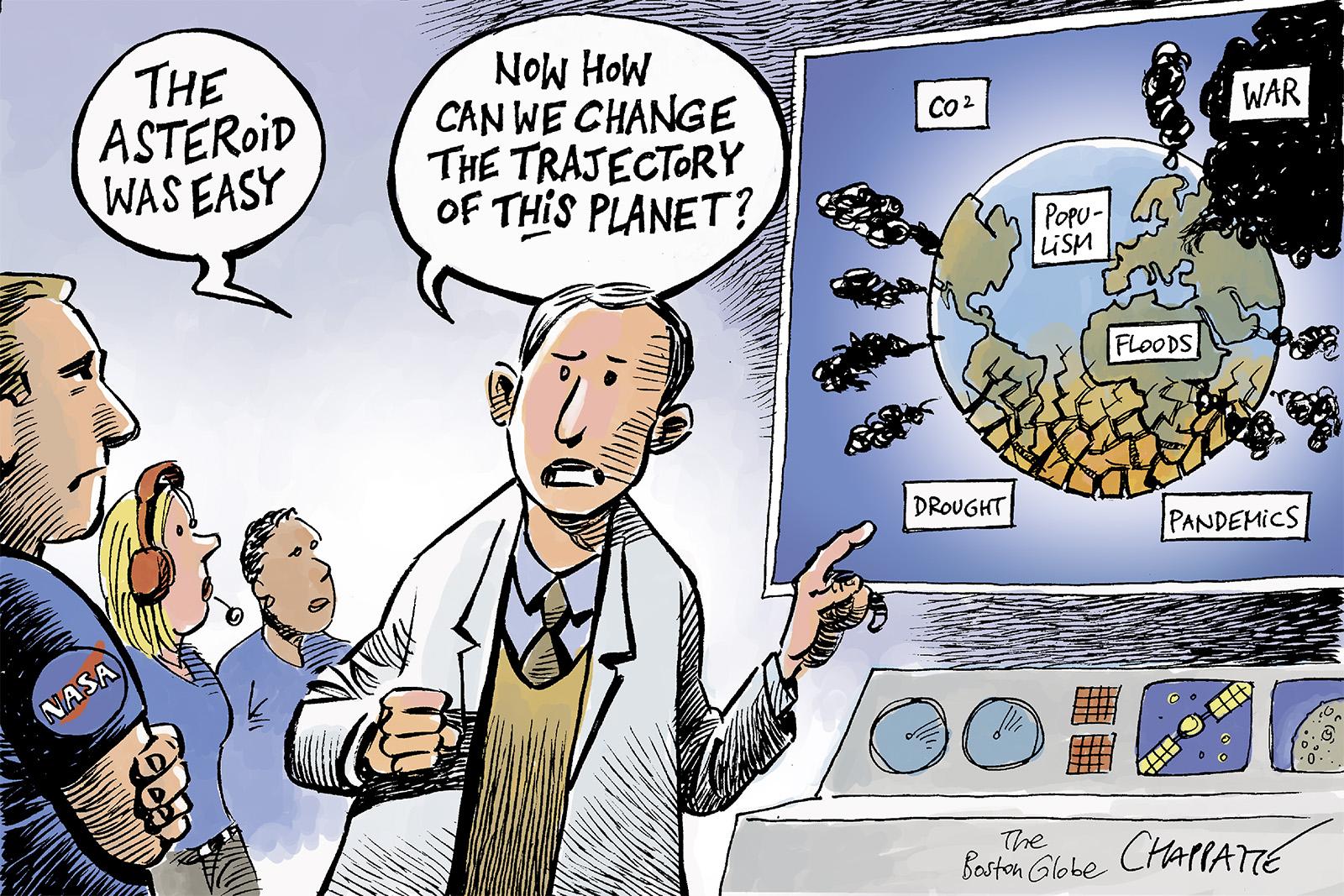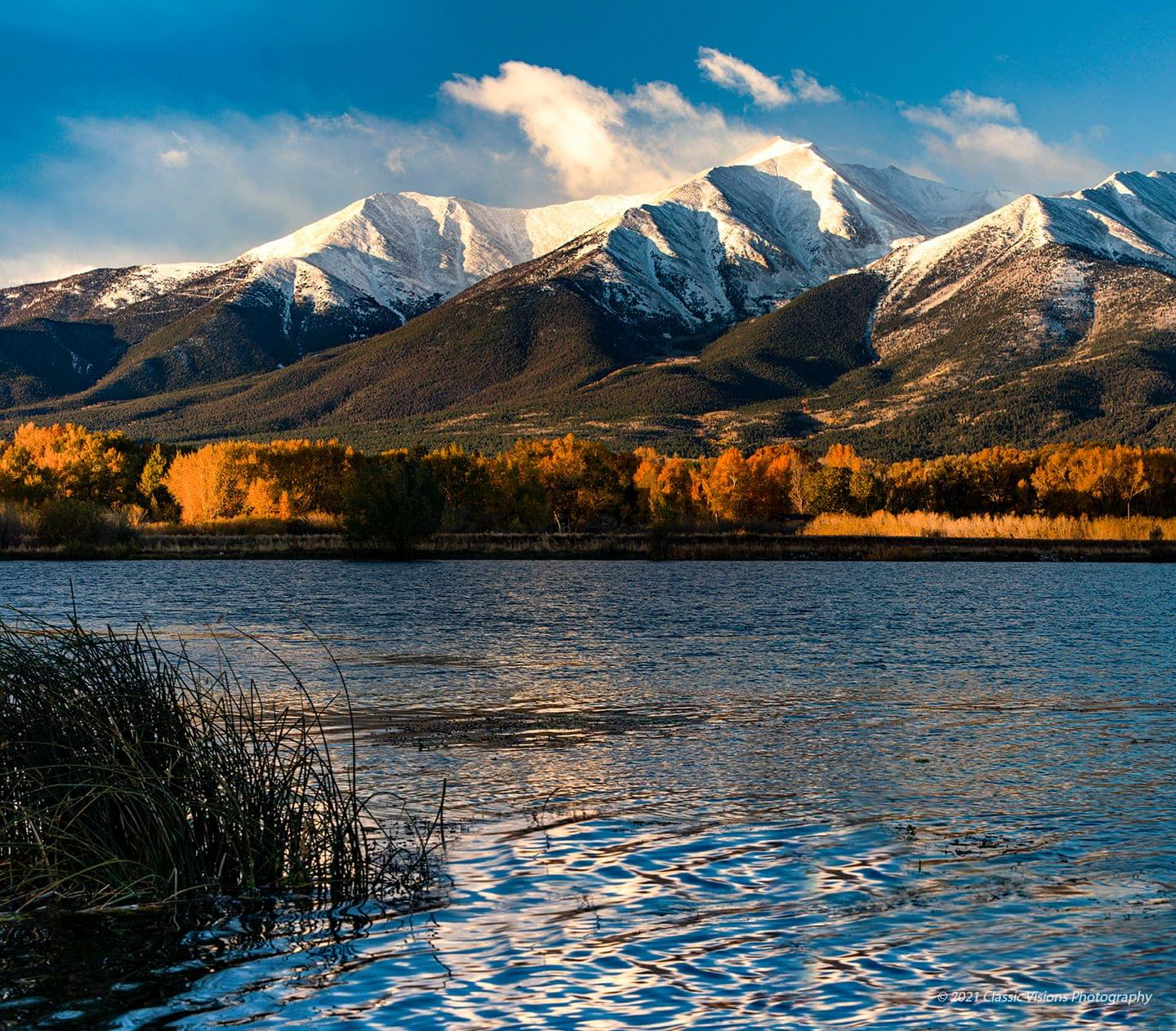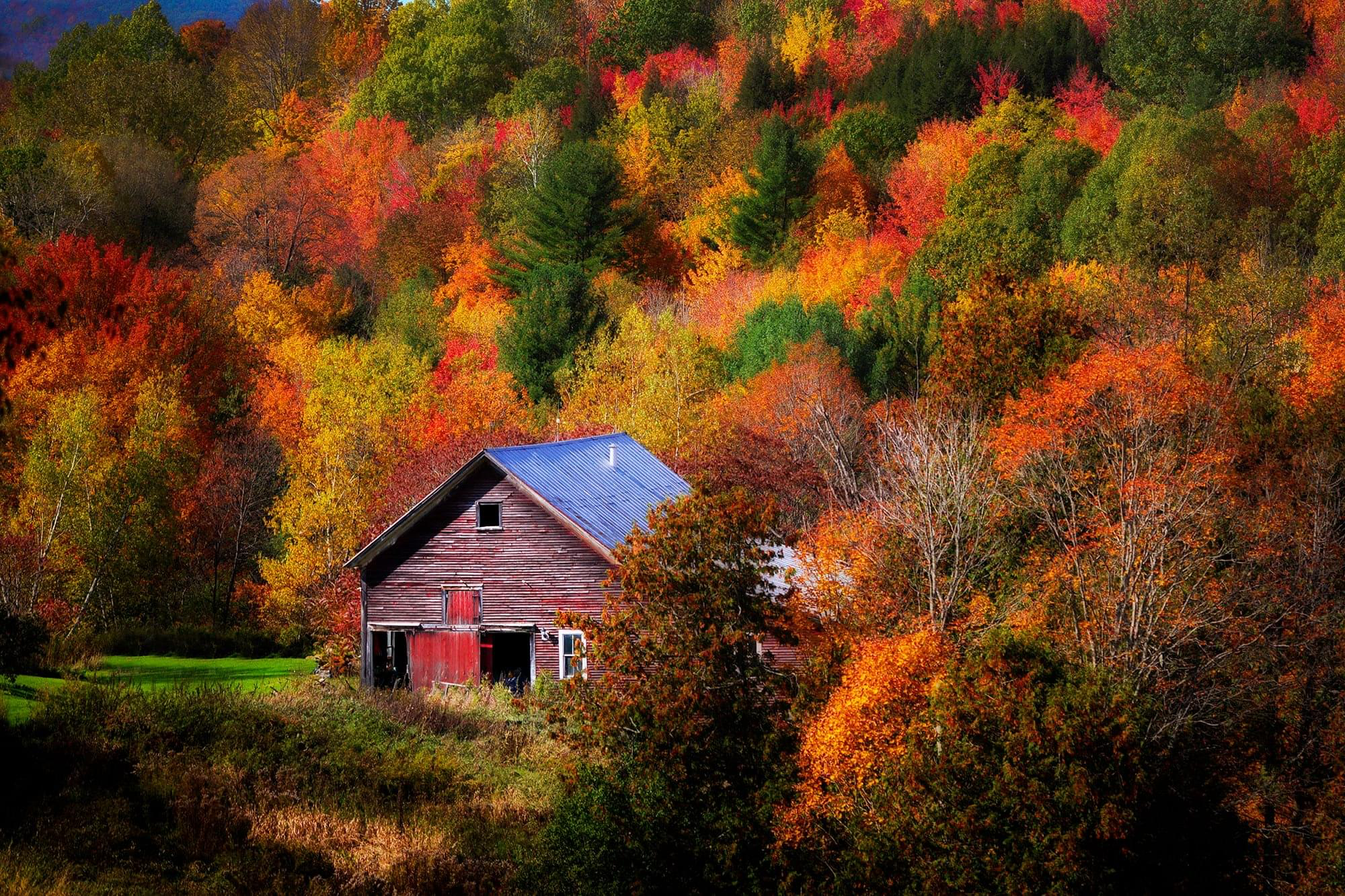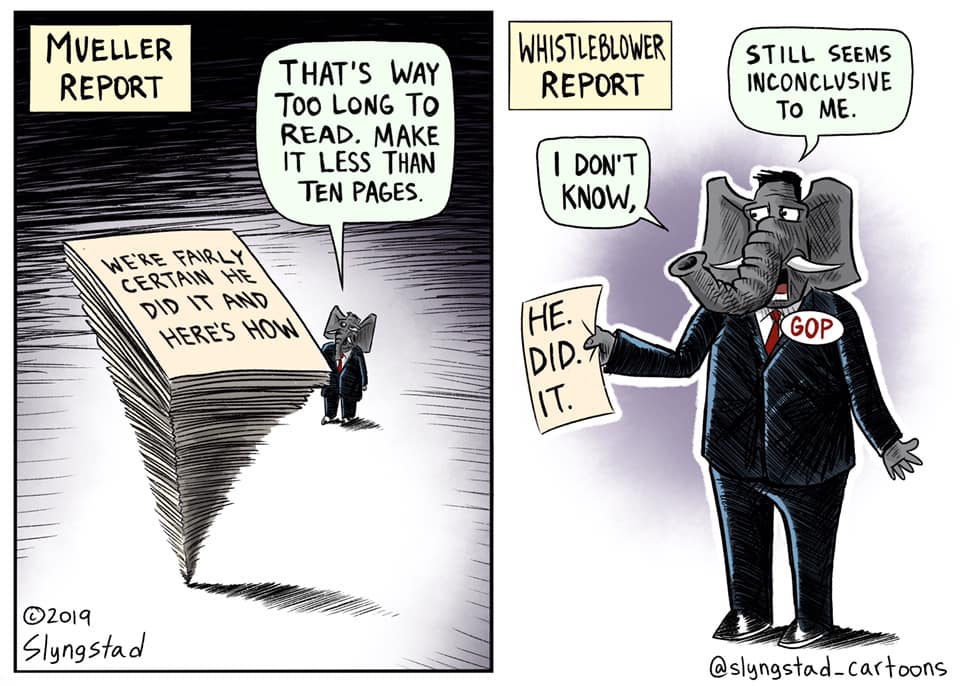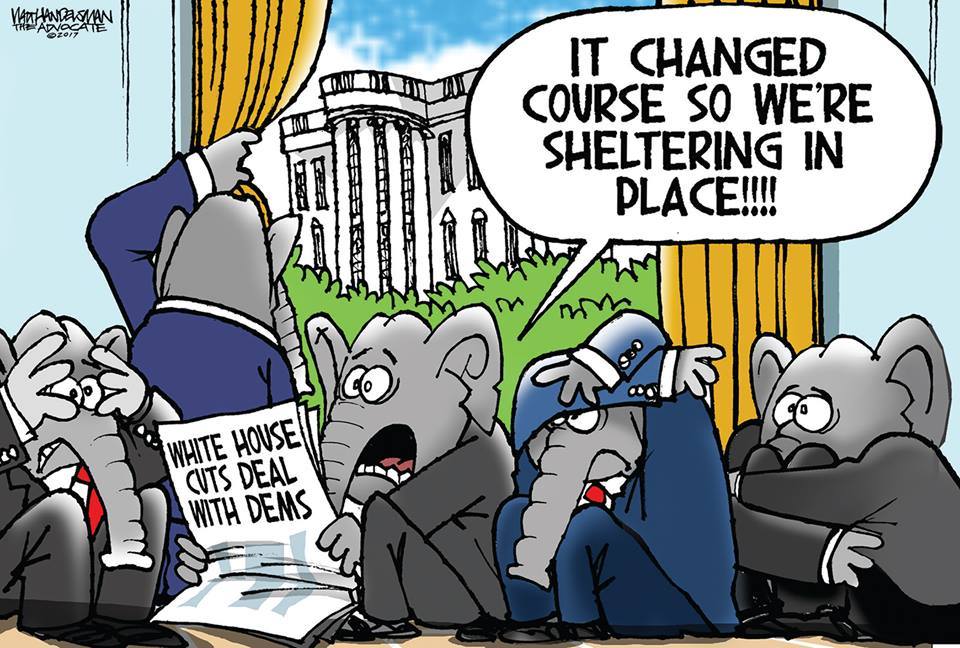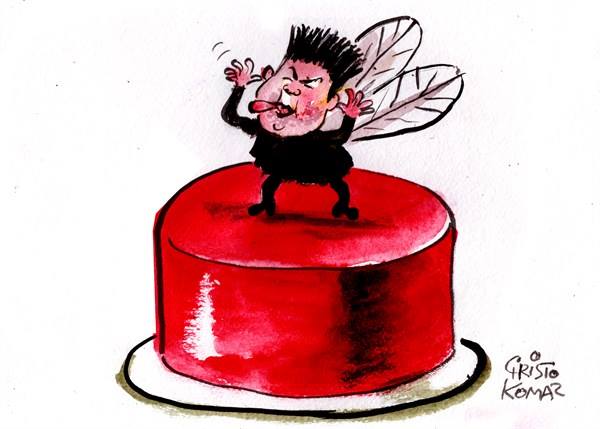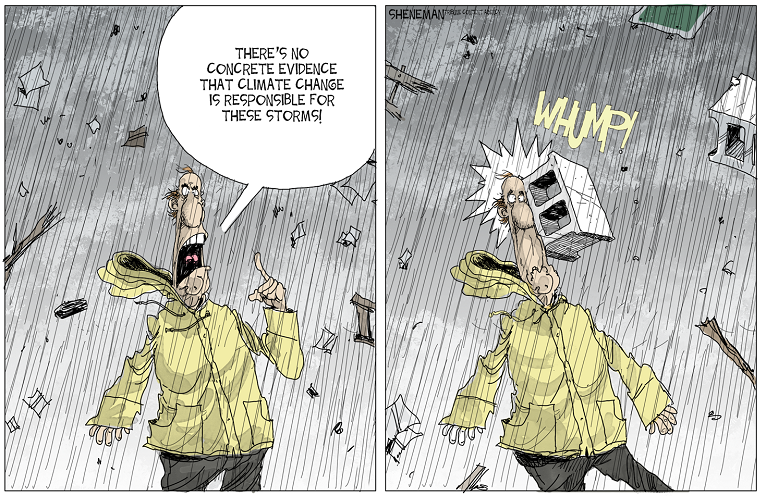The Daily Escape:
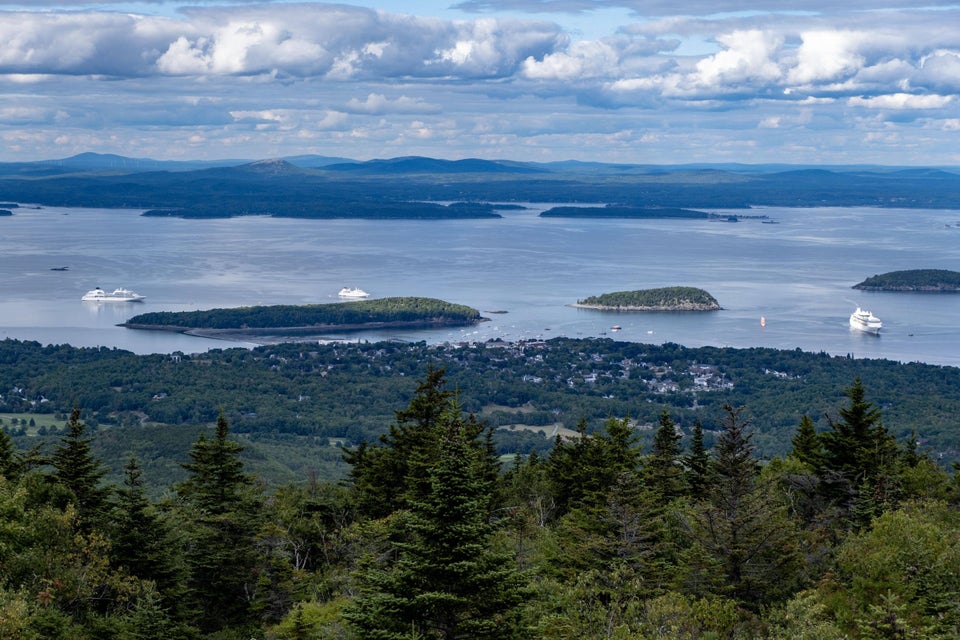
Frenchman Bay, viewed from Cadillac Mountain, Acadia NP, ME – 2019 photo by pmek99. Note the cruise ships lining up to visit Bar Harbor.
Following up on our post about climate change, many responded by attacking the premise that climate change is happening or, that it is due to human causes.
There have always been deniers. For example, a survey conducted by the YouGov-Cambridge Global Project in partnership with the Guardian, found that 13% of Americans believe that humans are not at all responsible for climate change. Another 5% of Americans don’t even believe the climate is changing. So, 18% think we shouldn’t worry about climate change.
Then again, 20% believe that extraterrestrials live amongst us.
Wrongo isn’t sure that we are focused correctly when we talk about climate change. It’s not the planet that’s in trouble, its humans. Humans thrive within a specific range of availability of water, air, and food, as do all animals. If one of the critical inputs is compromised, humans will fail to thrive, our habitable locations will shrink, and the human population will also shrink. The planet will survive.
For much of human history, humans have lived in hotter, dryer locations. They also survived in colder places, and in both, were able to live hard, but reasonably happy lives. Do we want to regress to that?
Peak human experience requires surpluses of food and livable space if the population is to grow. How can that happen on an overpopulated, resource-constrained planet?
Focus on this: Global population is projected to reach approximately 10.9 billion by 2100. If that is true, we will require 10X today’s electricity output by 2100. When you think about it, even if today, we had already reached the (unrealistic) level of 50% of power sourced from renewables, that would equal only 5% of the power we will need 100 years from now.
So, where will all that energy come from? Can Silicon Valley invent a different form of electric power generation? Will the world go fully into nuclear power?
The same is true for water. Where will the increased water resources come from? Desalination?
Suppose there is no climate change. We are still facing peak oil and peak other resources. We live on a finite Earth. Think about energy: We’re in a world of expanding energy demand. This will mean substantial shortages in the medium-term, which means immense and unavoidable energy price increases.
Politically, the higher prices should be used to defray the energy costs of the majority of the population that isn’t rich enough to pay them. Doing that will take a different economic system than we have today.
Can deniers also wish these problems away?
- We live in a world where the big polluters, corporations, are dedicated to maximizing short term returns for a relatively few wealthy beneficiaries.
- We still live in a Neoliberal world where government works for the few, where government largess continually transfers income to the wealthy, while our infrastructure is allowed to decay.
- We still live in a world where economic growth cannot be sustained forever without collapse.
It will take a global mobilization that is massive, disruptive and smart to deal with the resources constraint, even if there wasn’t any climate change. What we really lack is the SOCIAL technology to mobilize corporations and politicians to bring about change.
Concern about the twin problems of finite resources and climate change hasn’t brought about any particular political, social or spiritual commitment on the part of the power elites in finance, corporations or politics.
For all of our superiority at the apex of the animal kingdom, we seem unwilling to solve what surely lies ahead. That’s why we see Greta Thunberg, a 16 year old scolding world leaders, with 4 million kids standing behind her. To adapt, we will require a Manhattan Project-level of effort, but we’ll have to do all that work in the face of depleted resources, an unstable climate, and a contracting economy.
We have choices. We can continue as we are, or we can stop now, take a moment to reassess, and then put ourselves on an alternative path, as the younger generation says we must.
Thunberg challenges us to stop being selfish, to care about the future, to care about living things and recognize that we are all part of the natural world, and that our commitment to continuing economic growth is killing the planet.
We should listen, organize, and act.


